All Stories
-
 Science & Society
Science & SocietyReaders inspired by SN 10 scientists’ research
Readers wanted to know more about the scientists' research who were profiled in "The SN 10: Scientists to watch."
-
 Astronomy
AstronomyHaze keeps Pluto cool by kicking heat out to space
Pluto may be the only place in the solar system whose atmosphere is kept cool by solid hazes, not warmed by gas.
-
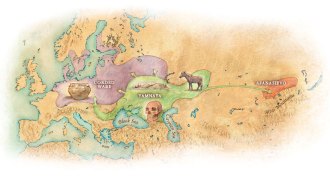 Archaeology
ArchaeologyHow Asian nomadic herders built new Bronze Age cultures
Ancient steppe herders traveled into Europe and Asia, leaving their molecular mark and building Bronze Age cultures.
By Bruce Bower -
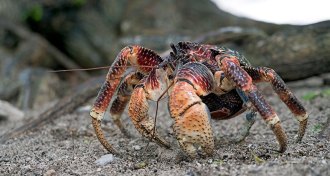 Animals
AnimalsCoconut crabs are a bird’s worst nightmare
A biologist witnesses a coconut crab taking out a blue-footed booby and documents the balance of the animals in an Indian Ocean archipelago.
-
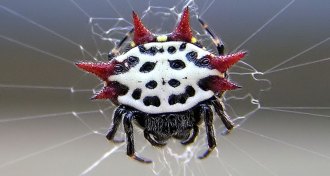 Animals
AnimalsThese spiders may have the world’s fastest body clocks
Three orb-weaving spiders may have the shortest circadian clocks yet discovered among animals.
-
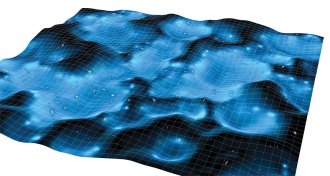 Cosmology
CosmologySimulating the universe using Einstein’s theory of gravity may solve cosmic puzzles
Better simulating the dense parts of the universe could improve scientists’ view of how the universe evolves.
-
 Astronomy
AstronomyNew camera on Palomar telescope will seek out supernovas, asteroids and more
The Zwicky Transient Facility at Palomar Observatory in California will seek supernovas, black holes and asteroids.
-
 Astronomy
AstronomyAncient spiral galaxy is 11 billion years old
The most ancient spiral galaxy seen to date is 11 billion years old and could help reveal how galaxies sprout arms.
-
 Health & Medicine
Health & MedicineNew blood pressure guidelines put half of U.S. adults in unhealthy range
New hypertension guidelines broaden the range of those considered to have high blood pressure and emphasize lifestyle changes to combat the condition.
-
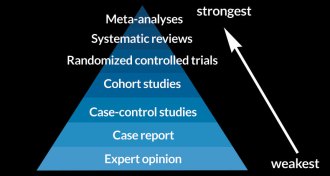 Science & Society
Science & SocietyPhilosophical critique exposes flaws in medical evidence hierarchies
Rankings of research methods for validity of medical evidence suffer from logical flaws, an in-depth philosophical critique concludes.
-
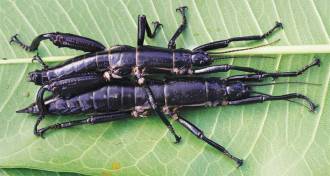 Animals
AnimalsThe Lord Howe stick insect is officially back from the dead
New genomic sequencing confirms that stick insects discovered near Lord Howe Island are the assumed-extinct Lord Howe stick insect.
-
 Health & Medicine
Health & MedicineCholera pandemics are fueled by globe-trotting bacterial strains
International cholera strains, rather than local ones, have caused raging epidemics, according to research that examined the bacteria’s DNA.